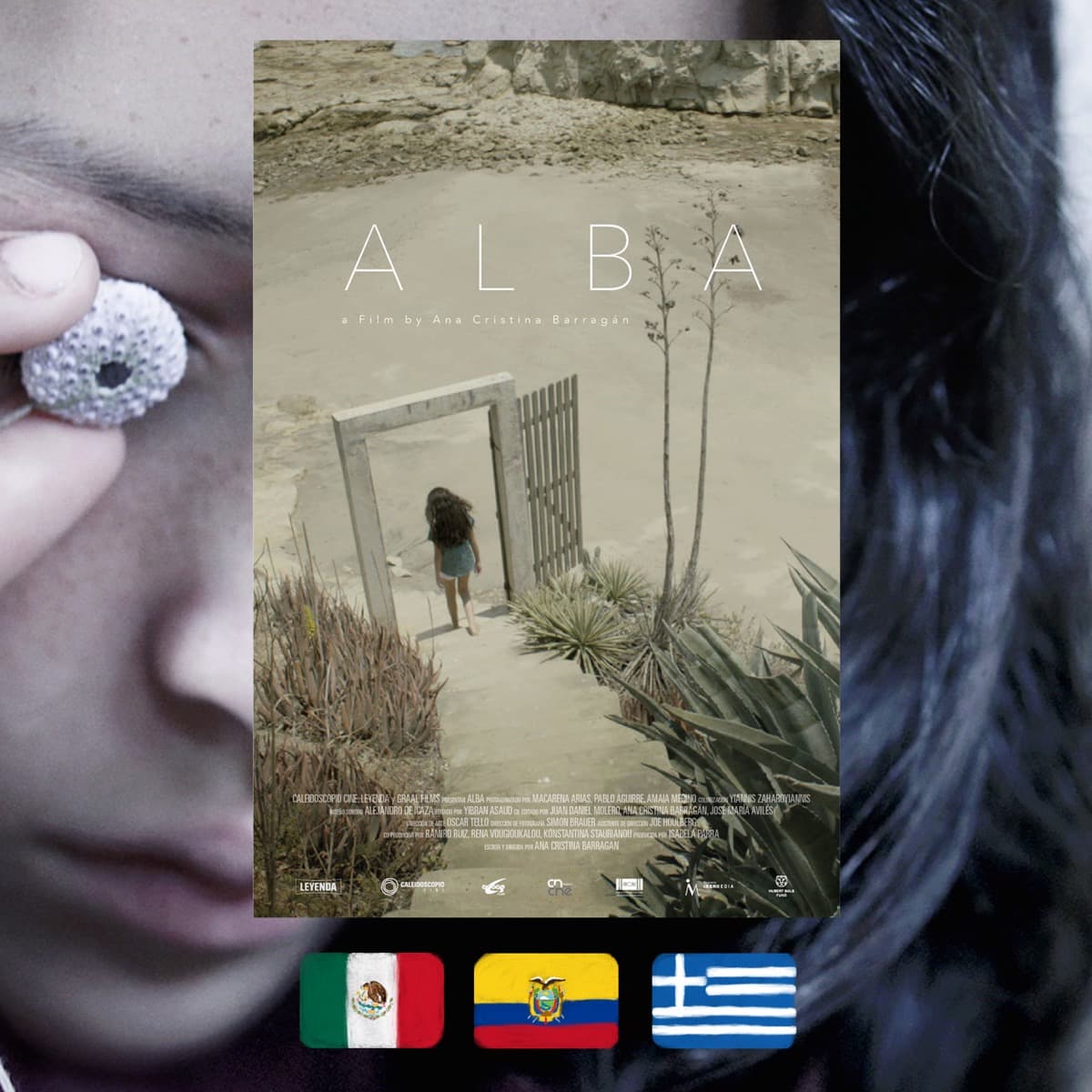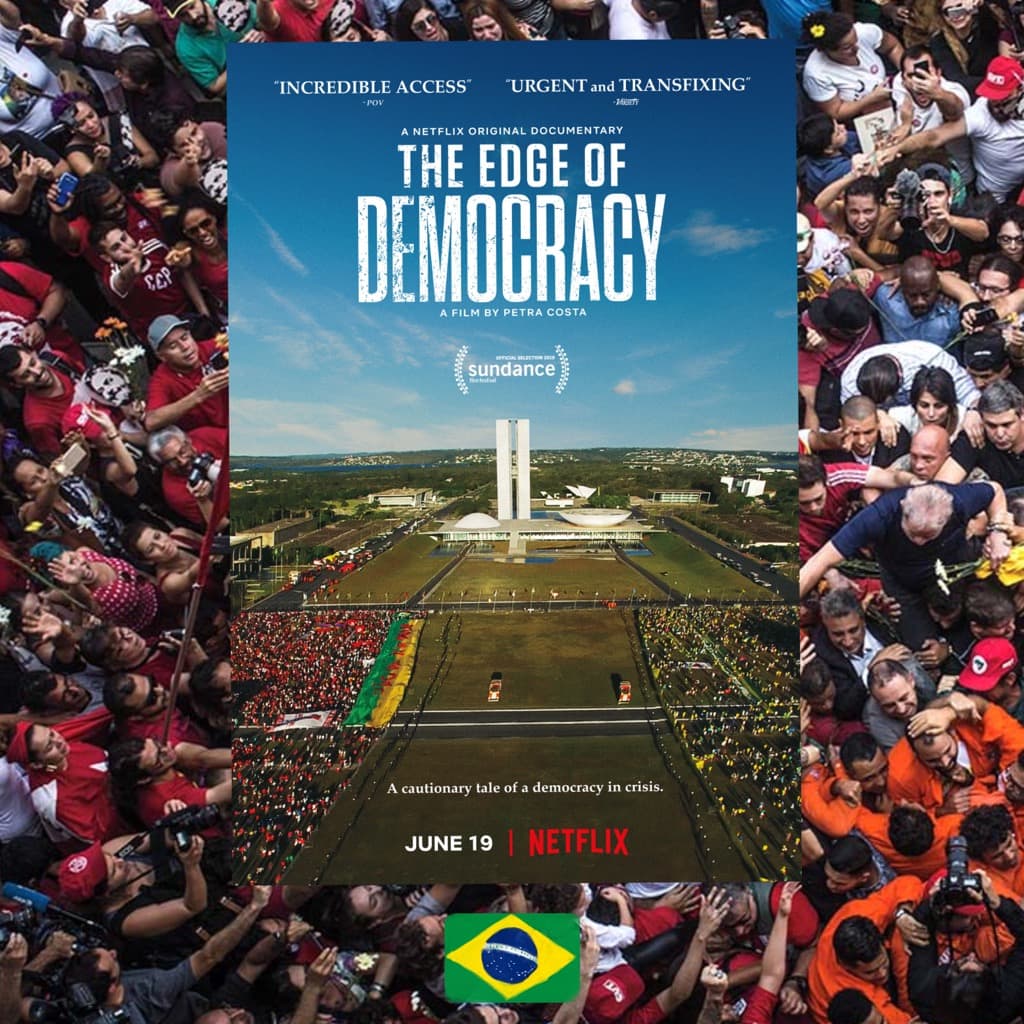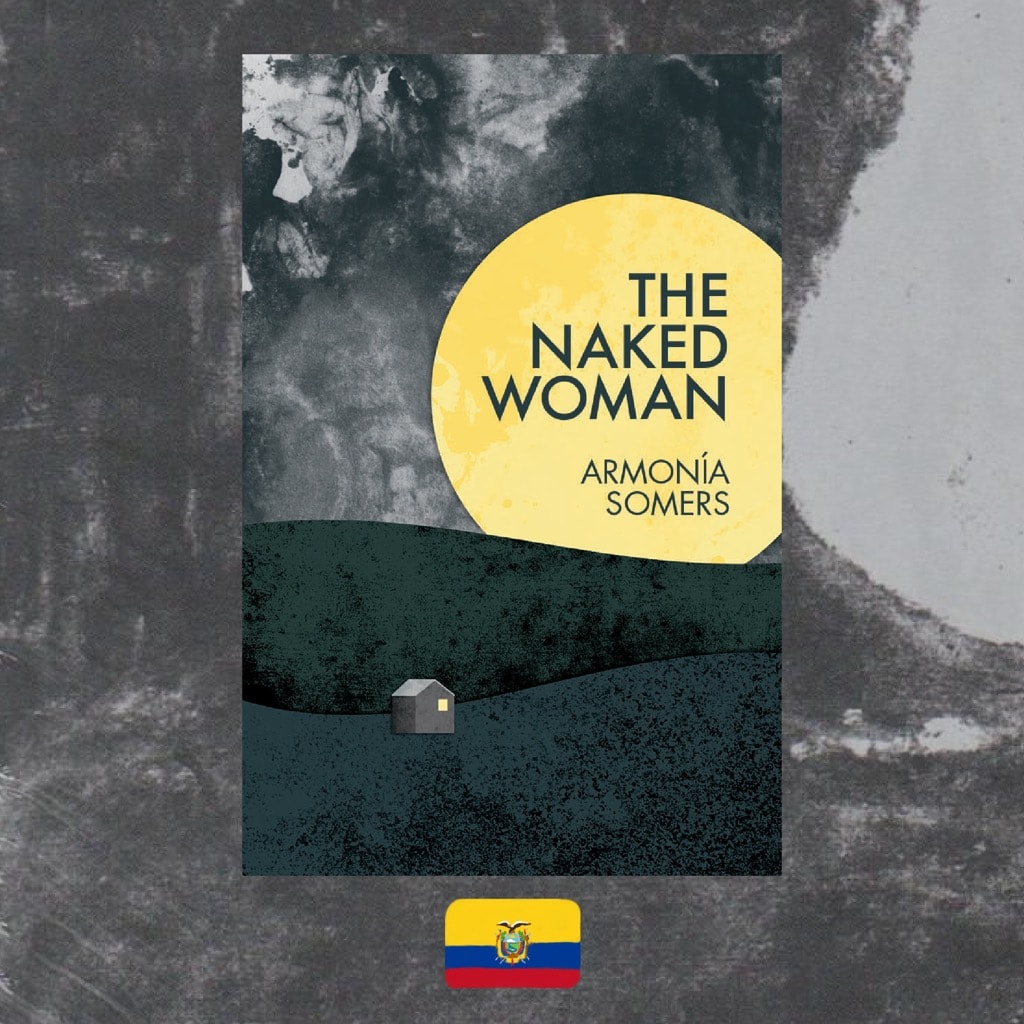Three Brazilian student activists present a multidimensional, inclusive account of their fight for the right to education over the past decade in an electrifying, award-winning documentary
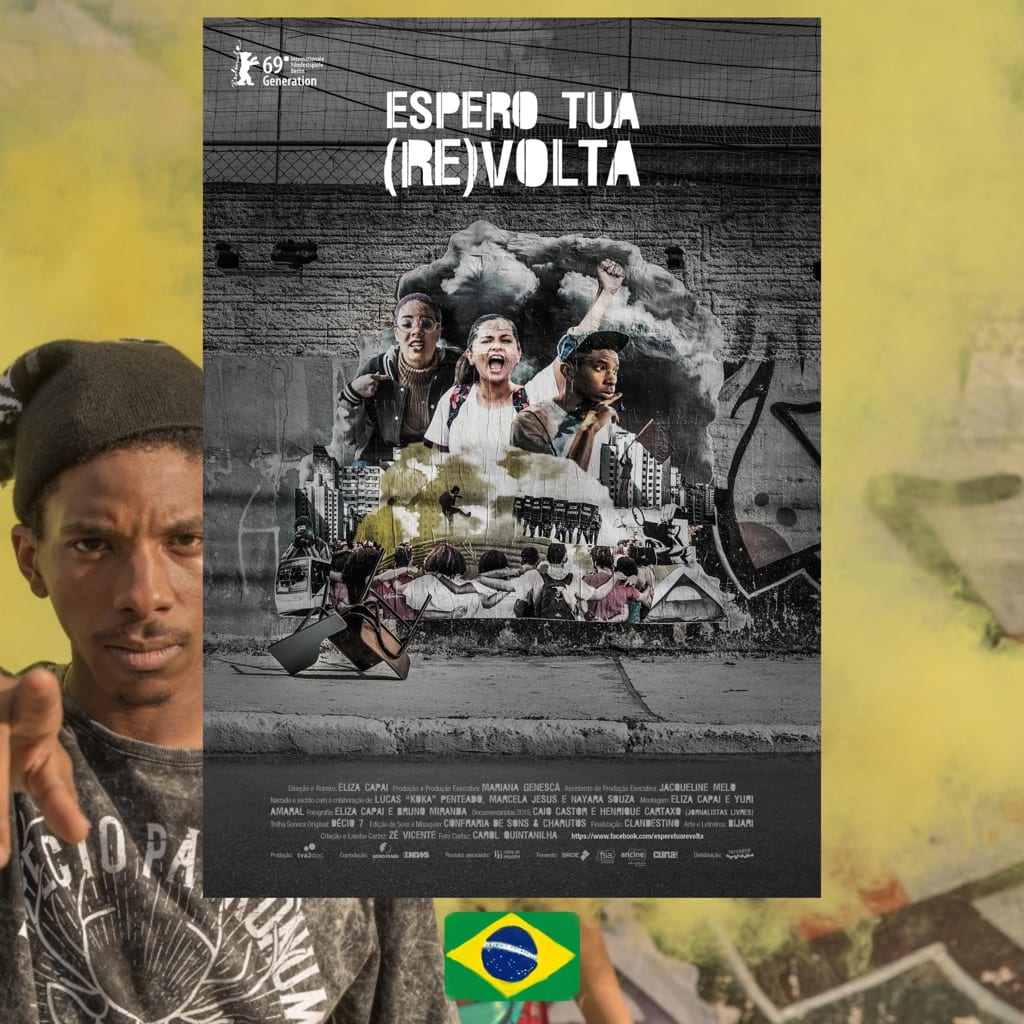

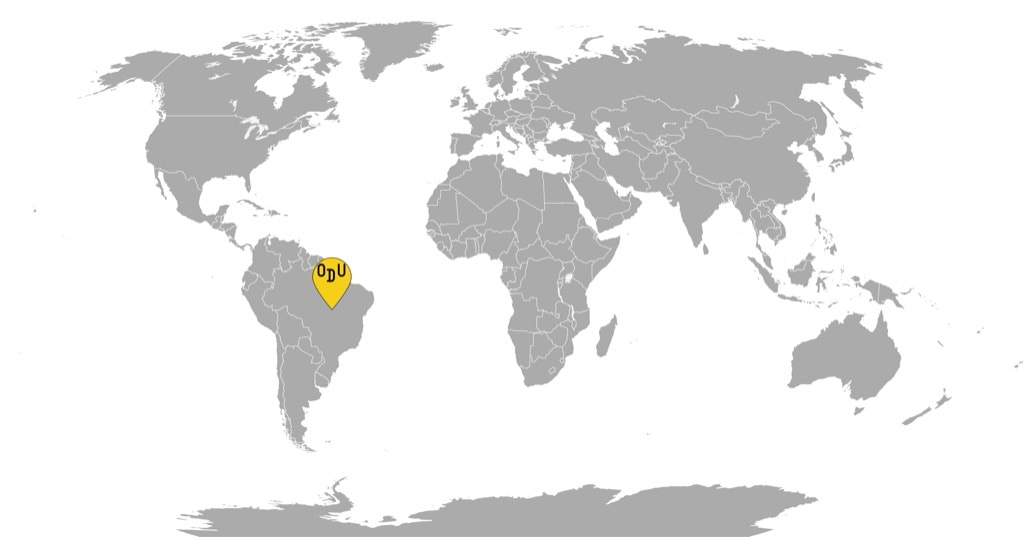
FROM BRAZIL
WHAT IT’S ABOUT: Marcela Jesus, Lucas “Koka” Penteado, and Nayara Souza, three student rights activists from Sāo Paulo, retell the events of the last decade in Brazilian youth organizing from various perspectives. The school occupation movement against the education budget cuts and the protests against a rise in bus fares during Dilma Rousseff’s reign were successful, but now that Jair Bolsonaro with his hardline anti-activism stance and a nostalgia for the military dictatorship is in power, the struggle for the right to education and development has never been harder. Assembled from striking footage from various sources and written based on interviews with the events’ participants, “Your Turn” is a detailed account of Brazilian youth activism in the past years. It lays the foundation for the future history of organizing against austerity and neoconservatism and becomes a passionate rallying cry for the world’s youngest leftists.
WHO MADE IT: Once a student in São Paulo herself, Eliza Capai is a documentary filmmaker who is especially drawn to giving voice to those who are otherwise marginalized from the cultural dialogue. Her previous films, some of which are available on Capai’s website, include the award-winning “Here Is So Far,” a musing on womanhood and culture filmed across the African continent, and “The Tortoise and the Tapir,” a chronicle of hydroelectric plants built in the Amazon during a terrible drought. She wrote “Your Turn” after interviewing students from across Brazil, including Marcela and Koka, and then directed the film in a way where new footage featuring the three protagonists intersperses with parts of other documentaries and archival footage portraying events which they’re recounting. The three main characters are all São Paulo student activists of different ages but the same generation. The oldest is Lucas “Koka” Penteado, a popular slam poet and performer who couples his activist chops with sizzling political rhymes. Nayara Souza represents the formal organizing efforts: a union veteran at her young age, she is currently the president of São Paulo’s Socialist Youth Movement (UJS São Paulo). The youngest is Marcela Jesus, who was one of the brave children occupying their schools, and for whom organizing was an Afro-Latina awakening: she is currently a theatre actress. The film has garnered many awards, including two at Berlinale.
WHY DO WE CARE: The best documentaries on activism and organizing are those that acknowledge the differences between the movement’s participants. Capai gave in fully to the need to represent the various factions of the youth protests, which is why she had the three activists take center stage and narrate the events from their own perspectives, arguing and bickering, but still agreeing on the main points. Two young women and one man, one white person and two people of color, at least one of them queer, and all from underprivileged backgrounds: Nayara, Marcela, and Koka are representative of Brazilian society at large. And this means that they can have differing views, but also be able to cover areas that are not evident to the rest of the group. The three don’t agree on Dilma’s role in history, the use of flags at protests, or the need for institutional organizing. Yet each has something to bring to the table when trying to paint a broad picture of Brazilian protests. Nayara is concerned with the importance of plurality, as the ban on independent movements was a defining characteristic of the military dictatorship. For Marcela, the body politics are just as crucial as the protest theory, while Koka is perturbed with including the activism history in the deeper context of Brazilian and Afro-Brazilian struggle. This makes the documentary deeper and more nuanced but also more intimate. For instance, one of the most affecting moments occurs when Marcela gets distressed over the footage of police officers mistreating her, and Nayara calms her down. And when the three collaboratively make the call to allow for a caveat that will enable one of the participants better tell their side of the story, the spirit of unity becomes contagious.
WHY YOU NEED TO WATCH: Watching activism documentaries is always stimulating, but “Your Turn” possesses tremendous motivating force. Perhaps it’s because of the way information is presented, through casual banter between the trio of likable zoomers, who also know perfectly well what they want. Perhaps it’s the very matter of fact portrayal of events, through wins and losses, the joys of organizing and the pains of police brutality, which accessibly details the obstacles that the movement is currently facing and the steps it needs to take next. Or maybe it’s in the clear message of the movement: that education is a human right, and you can’t mess with that. Most likely, it’s all three, which become a testament to Eliza Capai’s masterful gaze and incredible ability to make unwieldy things succinct and affecting. This documentary is a fantastic overview of Brazil’s recent history through the eyes of those who will live in its aftermath and an accessible and inspiring portrayal of just one iteration of student movements that are universally at the center of change in every country in the world. The three magnificent narrators are the real faces of Brazil’s future, unlike the creepy, worn-out men in suits who proclaim the need for order and silence. And even though Brazilian history, and its reflection in the film, show us that the cycles of oppression only cease to return later, “Your Turn” becomes a vast source of hope for the viewer. In a world where youth can occupy a school building, while also cooking nutritious meals for protestors and hosting round tables on gender equality, change is not merely possible, it’s inevitable.
Your Turn (Espero tua (Re)volta), 2019
Director: Eliza Capai
For more content like this sign up for our weekly newsletter
WATCH THE TRAILER


